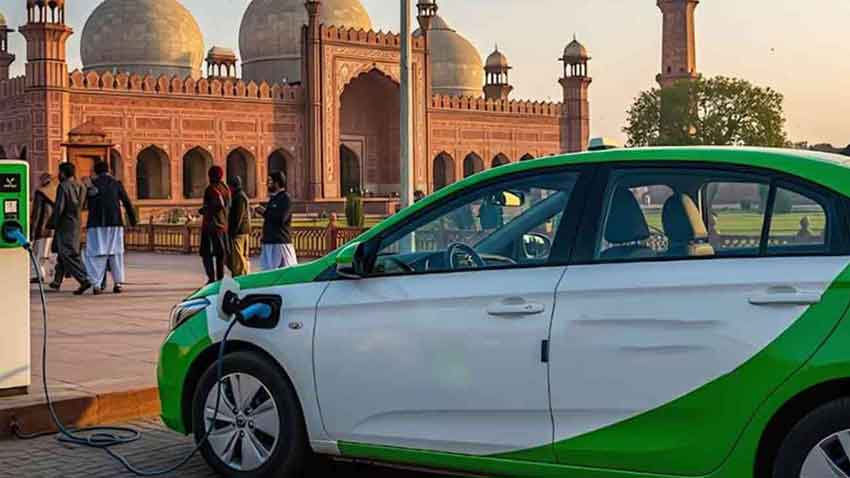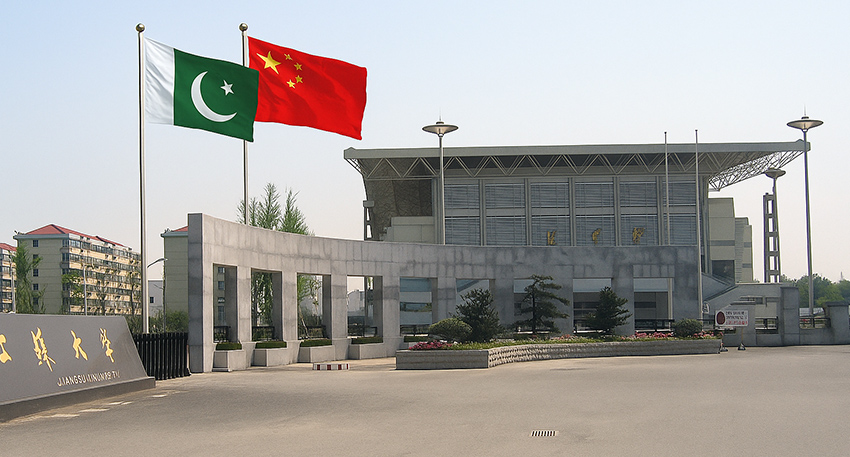
the scheme is expected to help them stand on their feet while promoting modern eco-friendly transport.
According to the official announcement, applicants must meet certain eligibility criteria. They must be Pakistani citizens, with preference given to those holding a Punjab domicile. The age limit is set between 21 and 45 years.
A valid computerized national identity card (CNIC) and a driving license are also compulsory. The program is designed especially for low-income individuals to improve their financial conditions through affordable vehicles.
The required documents include CNIC, driving license, passport-size photo, domicile or utility bill, and bank account details. Applicants wishing to apply for more than one vehicle must also provide NTN or business details.
The registration process has been made simple through an online portal. Candidates can register using their CNIC and mobile number, verify with an OTP, and then submit personal details, preferred city of operation, and choice of vehicle (electric or hybrid taxi). After approval of documents, the applicant will complete bank formalities and receive a delivery schedule for the vehicle.
The scheme promises low advance payments and easy installment plans. Final prices and installment structures will be revealed at the official launch. The government has urged youth to apply promptly, as the deadline will be announced on the official portal.
The electric taxis under the scheme are environmentally friendly, producing no smoke and running at lower costs, though they require charging stations, making them ideal for urban use. Hybrid taxis, with both an engine and an electric motor, are better suited for longer and intercity travel since they do not rely entirely on charging.
Read more: Why Ford shifts its focus to smaller and more affordable models?
The Green e-Taxi Project 2025 is more than just a transport scheme—it reflects Punjab’s shift toward eco-friendly policies and youth empowerment.
By offering low-cost electric and hybrid taxis, the government is addressing two challenges at once: unemployment among the younger generation and environmental pollution in cities.
Electric taxis, with their zero-emission features, could significantly reduce urban air pollution if charging infrastructure is expanded.
On the other hand, hybrid vehicles provide a practical alternative for drivers needing flexibility on longer routes.
This program also highlights the growing role of digital governance, as applications are being handled through an online portal with simplified verification. If executed effectively, the scheme could create thousands of self-employment opportunities, boost modern transport options, and set a precedent for other provinces.
Nevertheless, the real test lies in transparency, timely delivery of vehicles, and ensuring proper charging facilities to make electric mobility truly sustainable.




